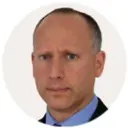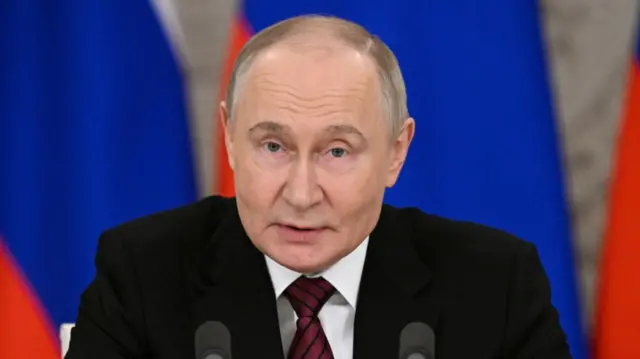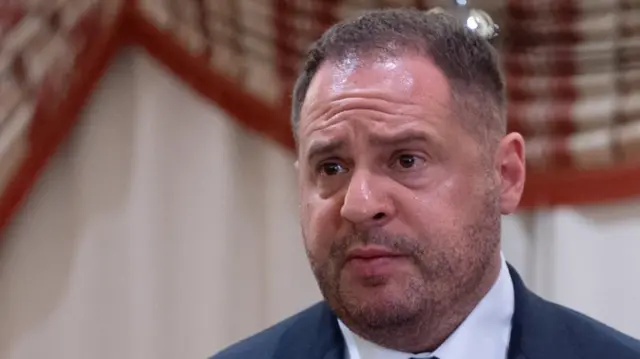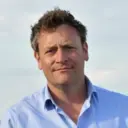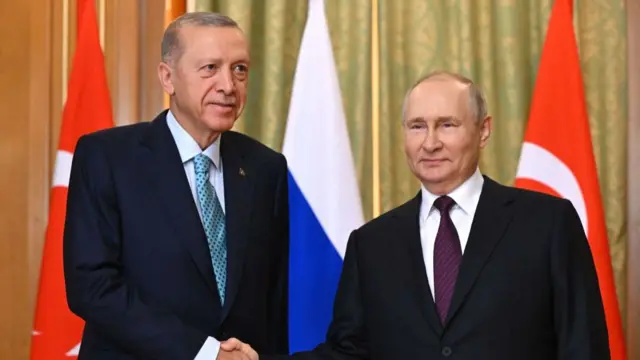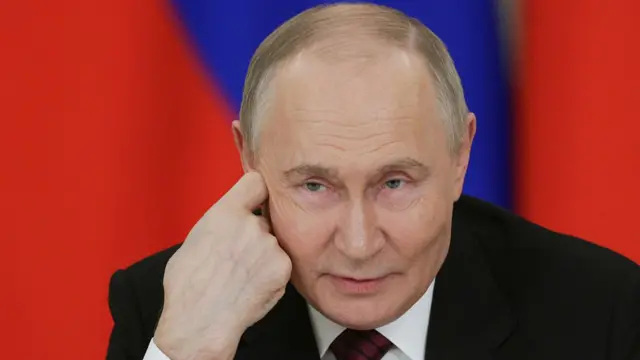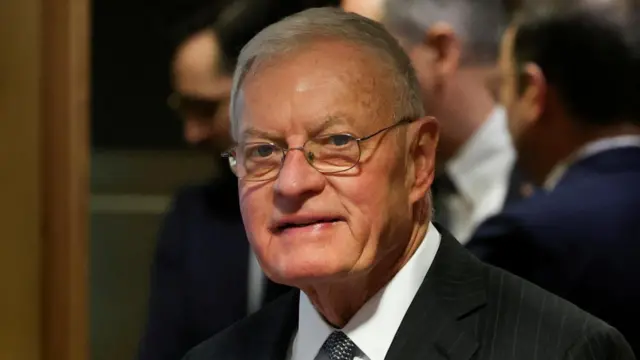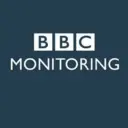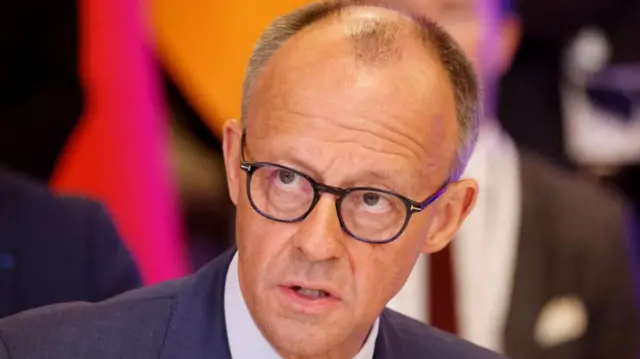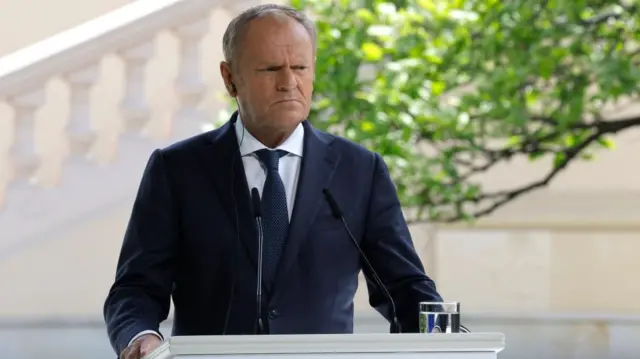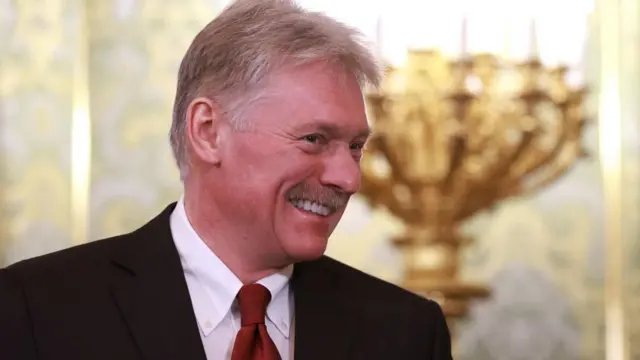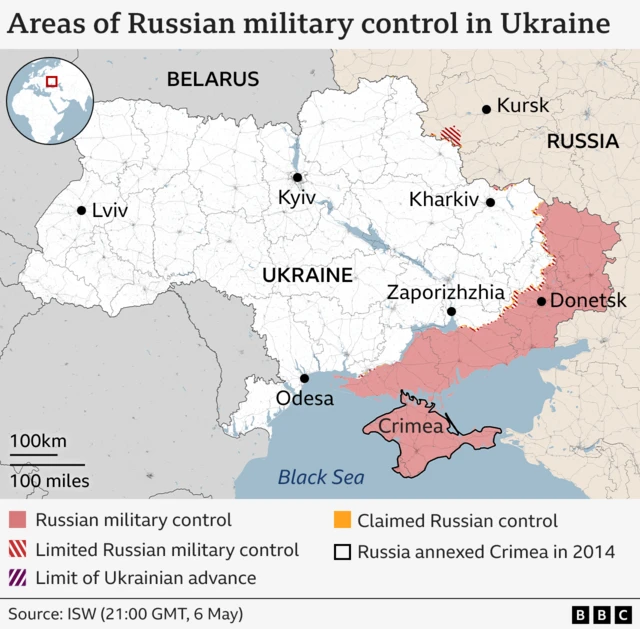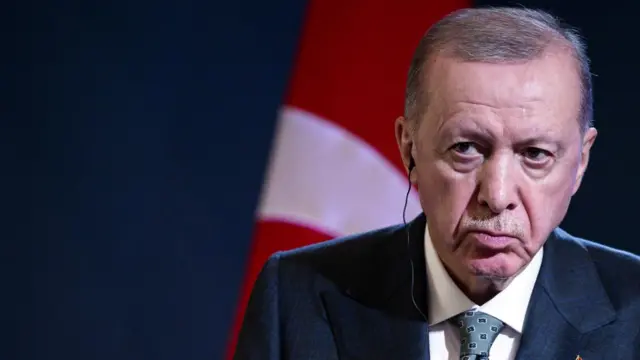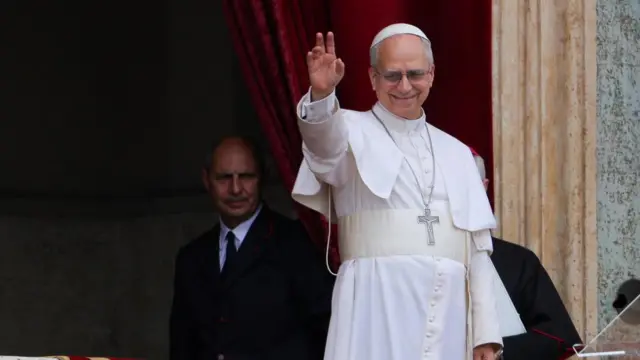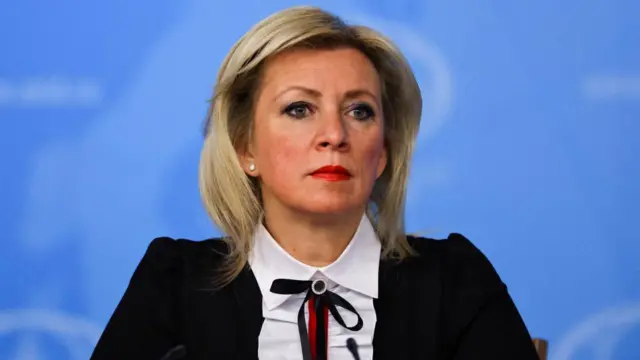A tale of two proposalspublished at 16:03 BST 11 May
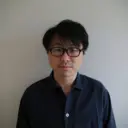 Tinshui Yeung
Tinshui Yeung
Live page editor
The 30-day ceasefire proposal isn’t exactly hot off the press – the US floated it back in March - but over the last few days, it has been given a fresh lease of life.
Yesterday, European leaders including the UK's Keir Starmer, France's Emmanuel Macron, Germany's Friedrich Merz and Poland's Donald Tusk had one message for Russia: agree to an unconditional truce, to be implemented from Monday, or face “new and massive” sanctions.
Putin’s response? He held a late-night news conference, where he avoided giving a clear response, offering instead his own counter-proposal: direct talks with Ukraine in Turkey next Thursday.
Ukraine's reply was clear: ceasefire first, talks later.
All eyes are now on tomorrow to see whether Russia and Ukraine will actually pause the fighting.
US Secretary of State Marco Rubio says he’s off to Turkey around the time of Putin’s proposed meeting, joining an informal gathering of Nato foreign ministers. On the agenda: ending the Russia-Ukraine war.
What will happen to the war after all this? After three years of relentless fighting, it’s tempting to believe nothing will change and the fighting just drags on. But there’s also a chance we’re on the brink of something big.
Donald Trump certainly thinks so, posting on Truth Social: “A BIG week upcoming!”
We're pausing our coverage for now. You can catch up on what's happened in the war in Ukraine over the past two days in this news piece, or read in-depth analysis from our experts Steve Rosenberg and Frank Gardner.


